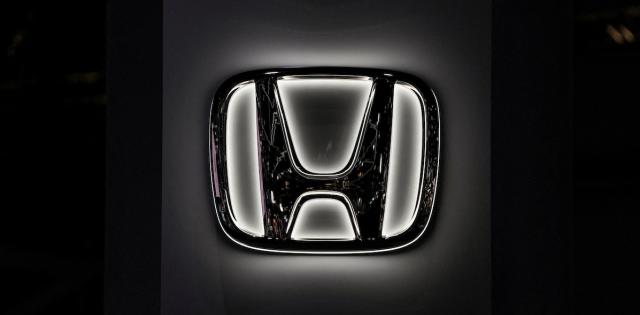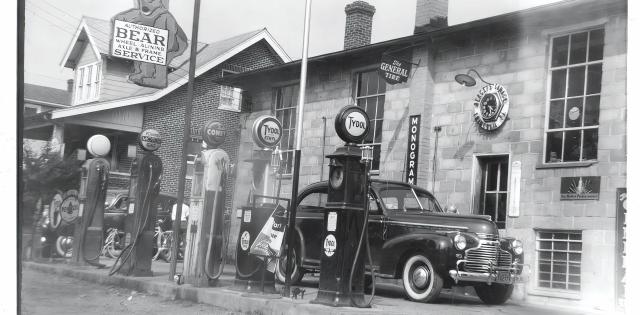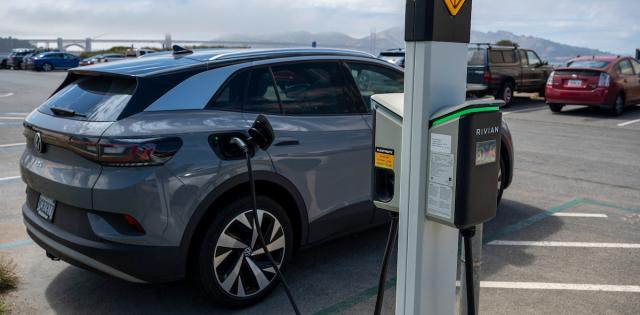The article below is sourced from Reuters Wire Service. The views and opinions expressed in this story are those of the Reuters Wire Service and do not necessarily reflect the official policy or position of NADA.
Hyundai Motor Co said on Thursday it has decided to adopt Tesla Inc's electric vehicle (EV) charging technology in the United States and Canada.
Joining their global peers including Ford Motor, General Motors and Nissan in adopting Tesla's North American Charging Standard (NACS), Hyundai's move takes the Elon Musk-led company's superchargers closer to becoming the industry standard at the expense of the rival Combined Charging System (CCS).
The South Korean automaker's new EVs will come exclusively with a NACS port starting in the fourth quarter in 2024 in the United States and in the first half of 2025 in Canada, Hyundai Motor said in a statement.
That will give Hyundai EVs with NACS ports access to more than 12,000 Tesla Superchargers across the United States, Canada, and Mexico, the company said.
“Our collaboration with Tesla marks another milestone in our commitment to delivering exceptional EV experiences to our customers,” Hyundai Motor's President and Global Chief Operating Officer Jose Munoz said in a statement.
Owners of existing and future Hyundai EVs with the current CCS will have access to the Tesla Supercharging Network starting in the first quarter of 2025. Hyundai will offer an adapter to these customers. Hyundai will also make adapters available to charge NACS-equipped vehicles at CCS chargers.
In June, Hyundai Motor said it would consider making its vehicles more readily compatible with the NACS charging system.
Tesla's NACS is widely available, with the U.S. Department of Energy saying they make up about 60% of the fast chargers in the United States.
The rival CCS system is backed by automakers including Volkswagen, though the German company has held talks with Tesla about adopting the NACS.
In July, Hyundai said it would team up with companies including Kia Corp, Stellantis and BMW to form a joint venture to develop a EV charging network in the U.S. to challenge Tesla and take advantage of Biden administration subsidies.
For more stories like this, bookmark www.NADAheadlines.org as a favorite in the browser of your choice and subscribe to our newsletter here:












